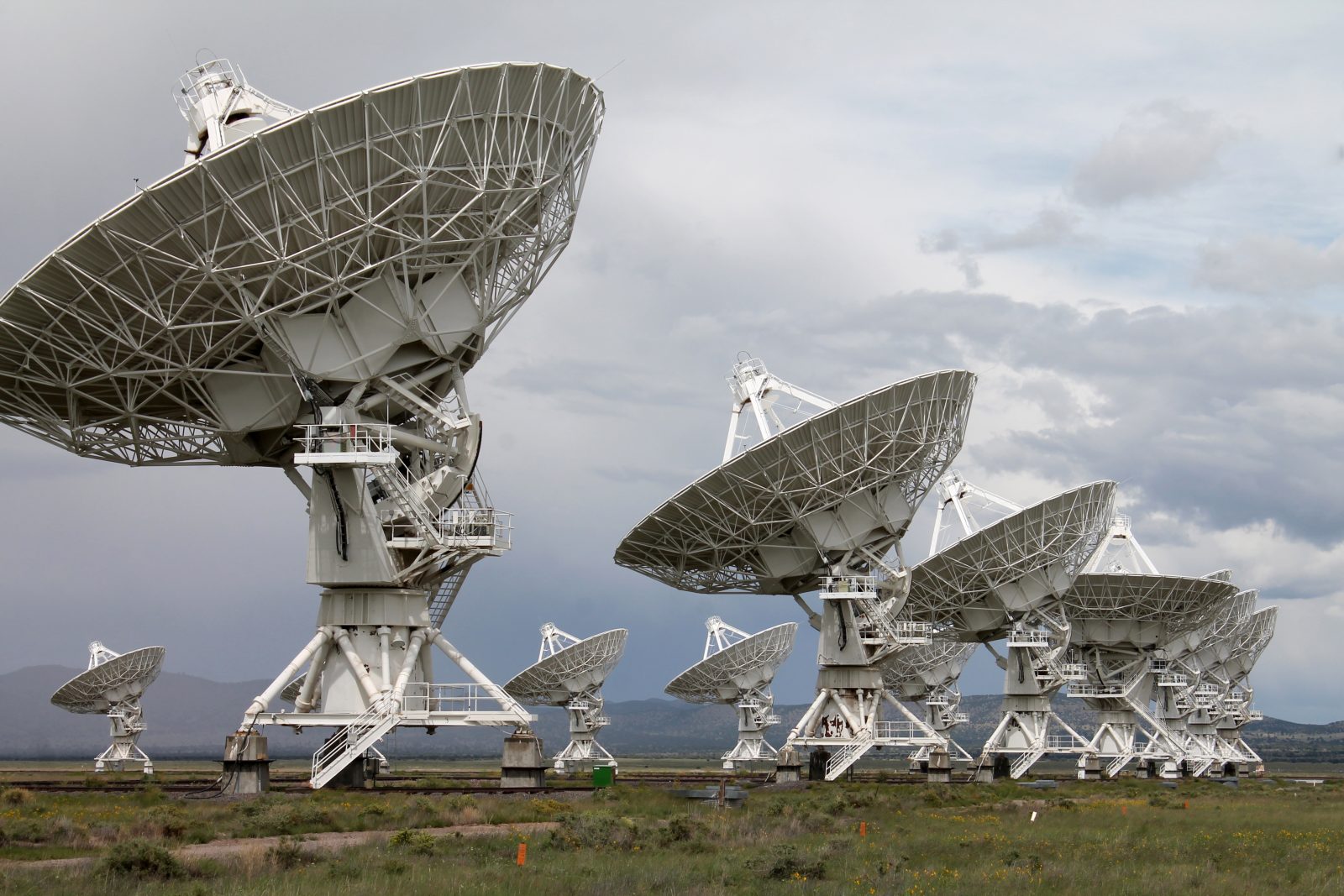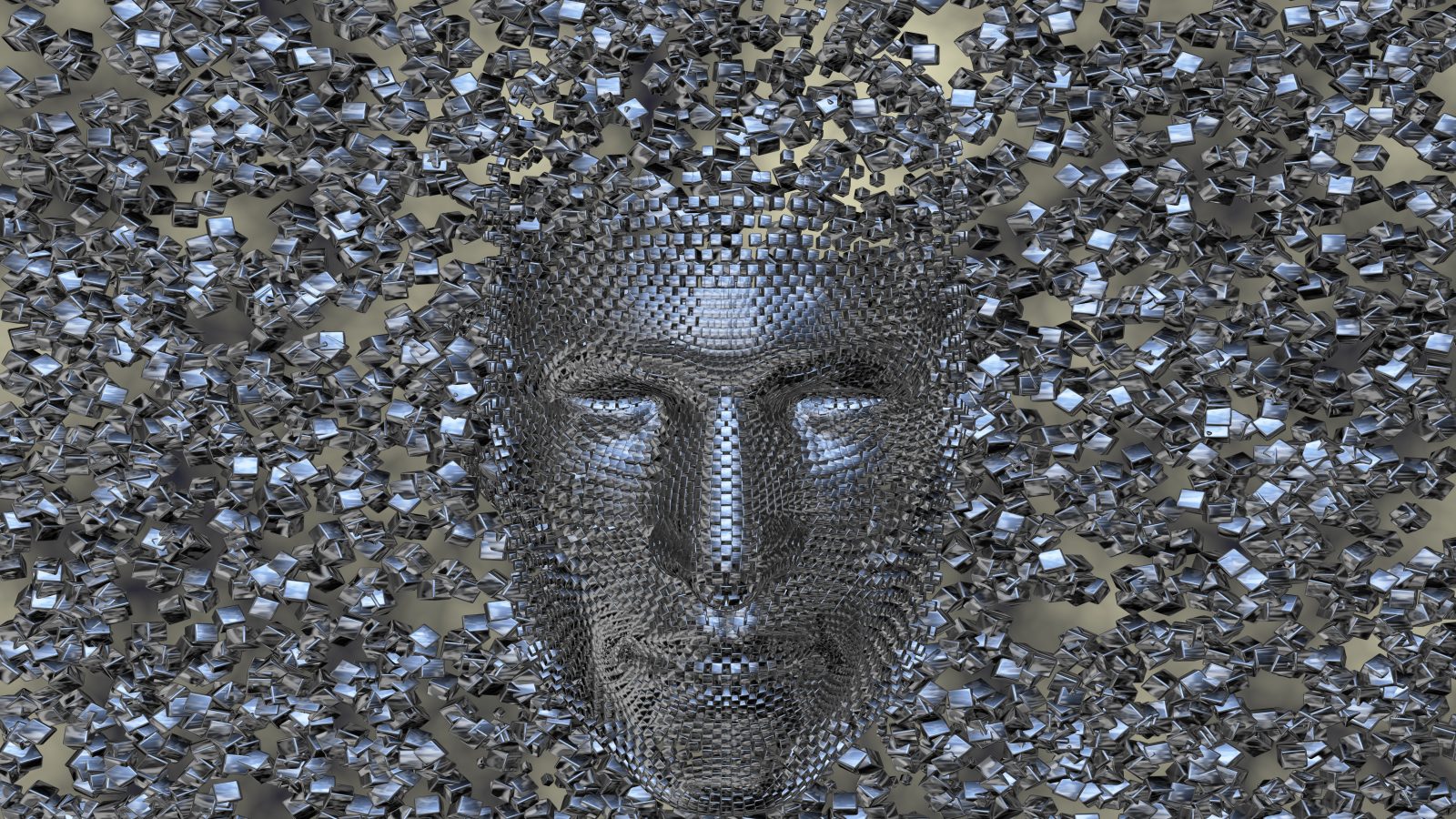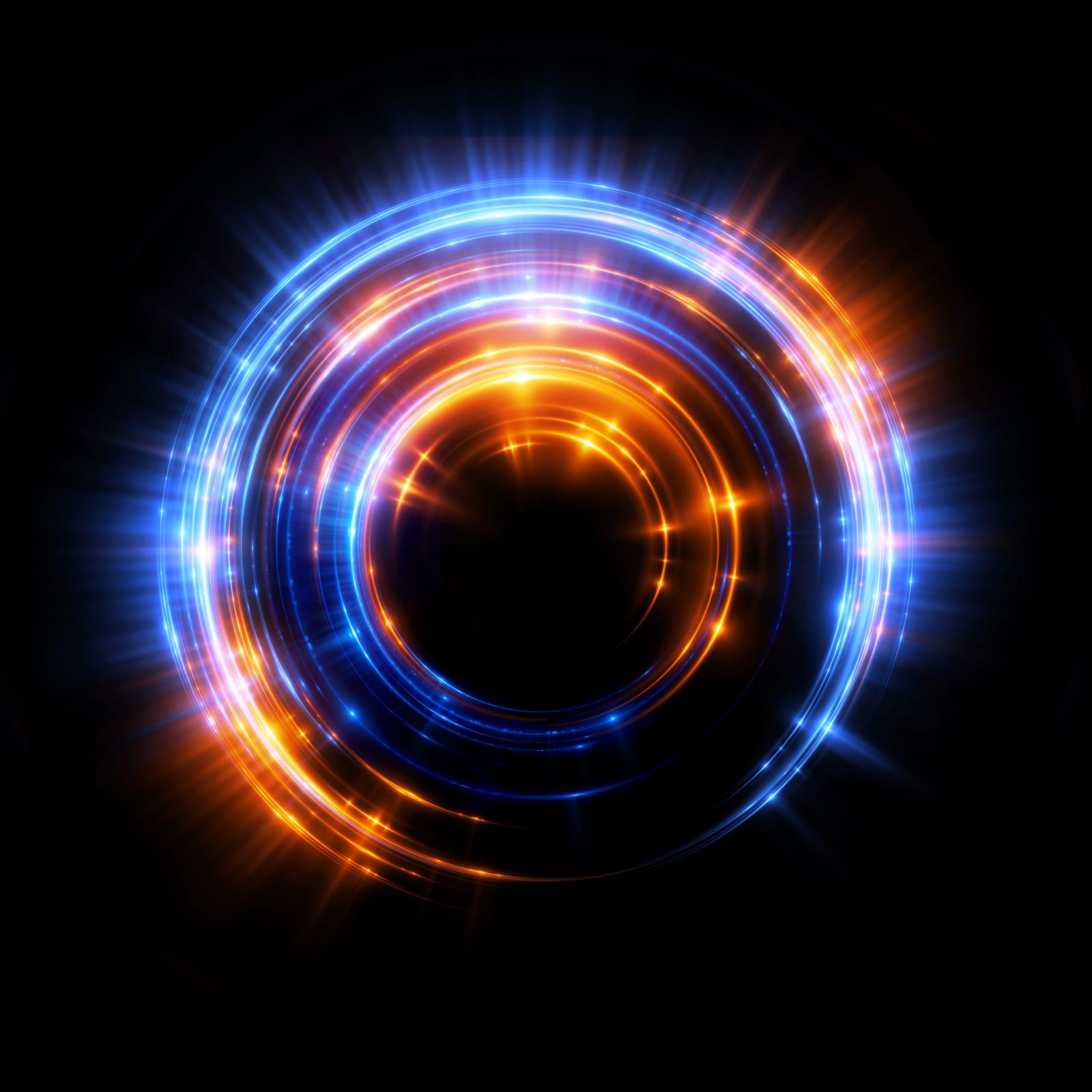
Carl Sagan’s Love/Hate Relationship with Intelligent Design
On today’s ID the Future, philosopher of science Paul Nelson explores an intriguing tension in the thinking of famous scientist and science popularizer Carl Sagan concerning his agnosticism shading into atheism on the one hand, and on the other hand his embrace of certain ideas consistent with the theory of intelligent design. As Nelson is quick to clarify, if Sagan had lived to see the rise of the contemporary intelligent design movement, he probably would have rejected it, particularly its theistic implications. And yet, Nelson says, Sagan’s thinking and arguments laid out in his Gifford lectures and in his science fiction novel Contact strongly support the idea that intelligent design can be detected. Nelson goes further, saying that if we take the methods Sagan laid out for detecting intelligently designed radio signals from extra-terrestrial intelligence, and apply them to patterns in nature that ID theorists have pointed to (such as DNA), it’s hard not to see his methodology triggering a design inference. Tune in to hear Nelson’s reflections on this important tension in Sagan’s thinking, and what, according to Nelson, prevented Sagan from fully resolving it.

